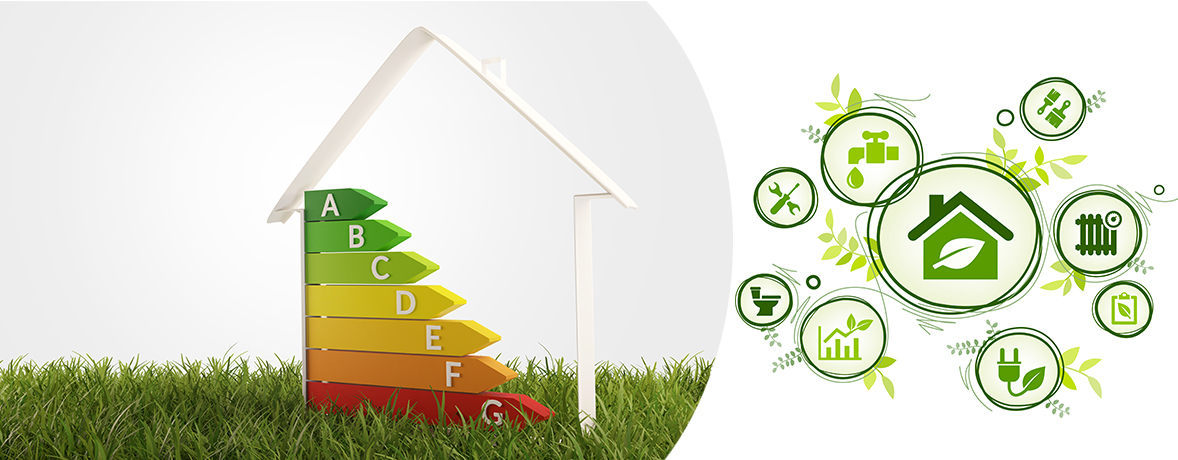Energy Tips
Tips to Conserve Energy & Save Money Today
Summer
- Run dryers, dishwashers and other large appliances after dark to limit competition with your A/C.
- Seal doors & windows to keep cool air in and warm air out.
- Check all vents to ensure they’re open, dust-free and directed toward the room’s center.
- Switch to a low-flow showerhead to reduce water and energy usage from your water heater.
- Upgrade to high-efficiency natural gas appliances to save time, energy and money.
Winter
- Keep warm, not hot
When possible wear additional layers of clothing, consider turning down your thermostat and check your programmable settings. - Seal leaks around doors and windows
Apply weather-stripping or caulk to seal gaps and cracks around windows and doors to stop air leaks and prevent energy loss. If that is not an option, you can also cover windows with towels, sheets or plastic to help keep the warm air in your house. Seal air leaks in your unfinished basement, particularly along rim joists and sill plates. Add an airtight door to your fireplace to keep heated air from escaping through the chimney. - Reduce the temperature on your water heater
Set the temperature on your water heater to 120 degrees Fahrenheit. - Close blinds and curtains
This helps keep warm air inside, especially if the sun is not shining. When the sun is shining, open drapes on the south-side windows to take advantage of free heat from the sun. - Change or clean filters
A clean filter on your furnace can lower your energy consumption by 5% to 15%. Dirty filters cost more to use and overwork the equipment. - Install foam gaskets on switches and outlets
By installing foam gaskets on electrical switches and outlets, you can reduce your home’s energy loss. - Change rotation of ceiling fans
Hot air rises, so reverse your ceiling fans to a clockwise rotation to push that warmth back downward.
Additionally, remember these safety tips during cold weather:
- Never use your stove or oven for home heating.
- Follow manufacturer's instructions when using space-heating devices.
- Make sure nothing obstructs a furnace’s air intake and that vents and flues are intact and unblocked to avoid the potential of carbon monoxide poisoning.
- When removing ice and snow in the vicinity of meters, vents or flues, do so carefully so as not to cause damage.
Download Infographic
The below infographic can be downloaded and printed for easy reference.

